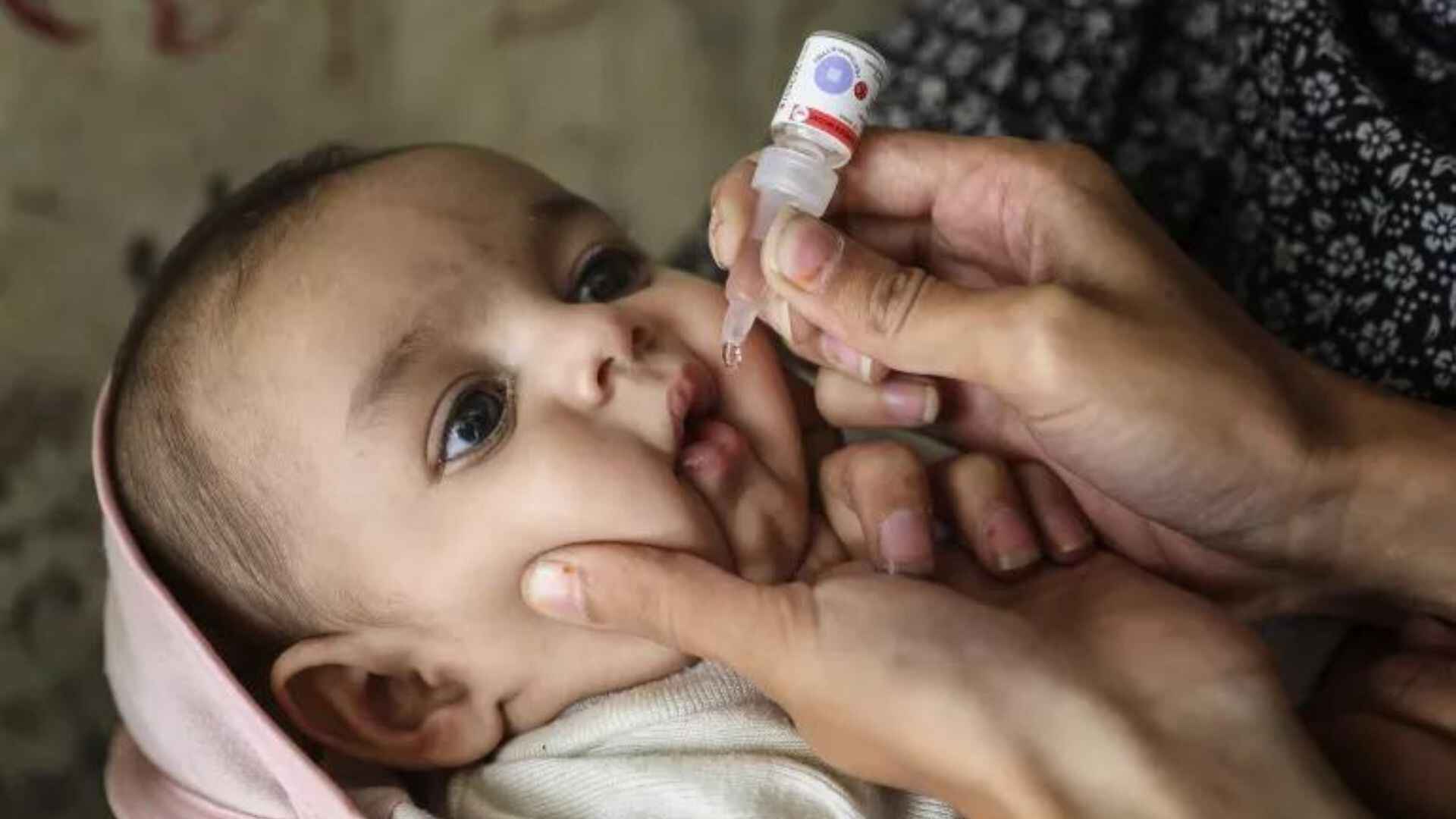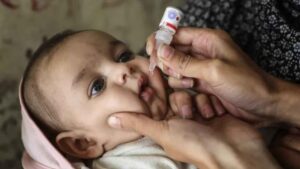The confirmation of the fifth polio case this year in Quetta, Balochistan, has raised concerns about lapses in surveillance and the potential for increased transmission during a critical phase of the polio eradication campaign, as reported by Dawn.
The case, which occurred on April 29 and was confirmed on June 8, indicates a significant delay of six weeks in diagnosis, revealing a notable gap in identifying and addressing poliovirus infections.
Tragically, the victim, a two-year-old boy from UC Tameer-i-Nau, Ganj Bypass, Quetta, passed away before the confirmation of poliovirus.
According to reports from the Regional Reference Laboratory of the National Institute of Health (NIH), the child initially experienced diarrhoea and vomiting, leading to a visit to a private hospital in Quetta for treatment. However, after 10 days, the child developed bilateral lower limb weakness, which progressively worsened and eventually affected the upper limbs.
Subsequently, the child was admitted to the National Institute of Child Health (NICH) in Karachi, where he was diagnosed with acute flaccid paralysis (AFP). Despite medical efforts, the child succumbed to the illness on May 22.
Samples collected from three contacts of the victim revealed the presence of the wild poliovirus type 1 (WPV1) in one of the siblings and a cousin residing in the same household. Notably, there was no history of recent travel to other districts prior to the onset of paralysis, indicating local transmission.
Investigations are ongoing to determine whether the case resulted from vaccine refusal, although records indicate that the child had received five doses of vaccine during supplementary immunisation activities.
Malik Mukhtar Bharath, the prime minister’s coordinator on national health services, stressed that until Pakistan achieves polio eradication, children remain vulnerable to this debilitating disease.
Muhammad Anwarul Haq, coordinator of the National Emergency Operations Centre for Polio Eradication, highlighted ongoing efforts to investigate the source of the virus and identify gaps in vaccination coverage. This includes targeting populations that may have missed out on polio immunisation to prevent further outbreaks.












